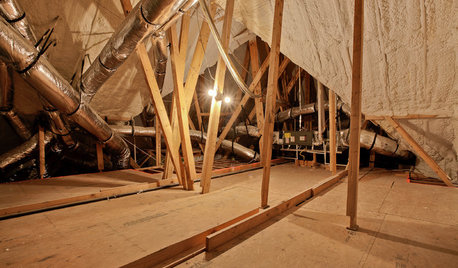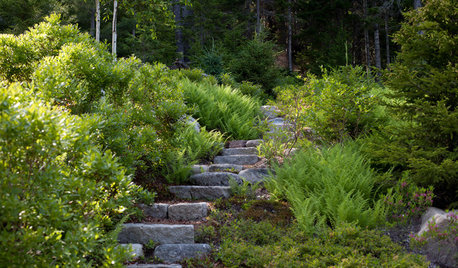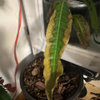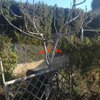Ammonium sulfate ?
bamboo_rabbit
11 years ago
Related Stories

GREEN BUILDINGEcofriendly Cool: Insulate With Wool, Cork, Old Denim and More
Learn about the pros and cons of healthier alternatives to fiberglass and foam, and when to consider an insulation switch
Full Story
GARDENING GUIDESGreat Design Plant: Grow Blueberries for Their Fruit and More
Eastern gardeners should consider growing blueberry plants for their delicious fruits, bee-friendly spring blooms and brilliant fall foliage
Full Story
GARDENING GUIDESGrow a Beautiful Garden in Alkaline Soil
Got alkaline soil? Learn how to manage it and the many beautiful plants that will thrive in this ‘sweet’ soil
Full Story







fruitnut Z7 4500ft SW TX
bamboo_rabbitOriginal Author
Related Professionals
Ferndale Landscape Architects & Landscape Designers · Kenmore Landscape Architects & Landscape Designers · New Mexico Landscape Architects & Landscape Designers · Bethlehem Landscape Contractors · Peabody Landscape Contractors · Pelham Landscape Contractors · El Segundo Landscape Contractors · Hicksville Landscape Contractors · Hilo Landscape Contractors · Mesa Landscape Contractors · Norristown Landscape Contractors · Pleasanton Landscape Contractors · Selden Landscape Contractors · Shirley Landscape Contractors · Greenfield Landscape Contractorsfruitnut Z7 4500ft SW TX
capoman
alan haigh
blazeaglory
nc_orchard
fruitnut Z7 4500ft SW TX
riverman1
bamboo_rabbitOriginal Author
bamboo_rabbitOriginal Author
capoman
bamboo_rabbitOriginal Author
fruitmaven_wiz5
fruitmaven_wiz5
blazeaglory
bamboo_rabbitOriginal Author
fruitmaven_wiz5
capoman
tshia6br
capoman
Bradybb WA-Zone8
fruitnut Z7 4500ft SW TX
bamboo_rabbitOriginal Author
capoman
blazeaglory
bamboo_rabbitOriginal Author
blazeaglory
bamboo_rabbitOriginal Author
Noogy